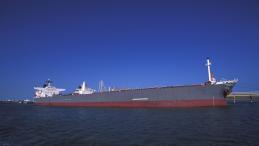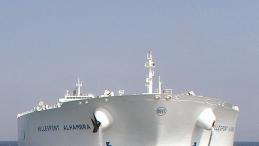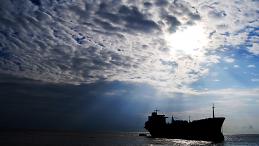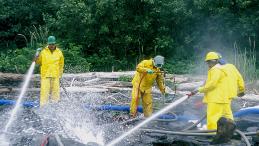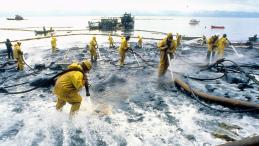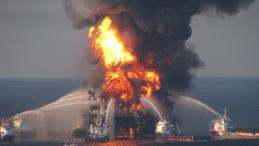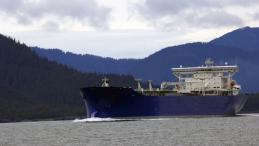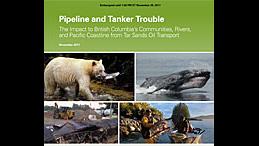Federal Liberal support for B.C. oil tanker ban applauded
Vancouver, B.C. – Environmental groups are praising Michael Ignatieff and the Liberal Party of Canada for their commitment today to formalize the oil tanker ban in British Columbia. Such a ban would prevent crude oil tankers from traveling through B.C.’s Central and North Coast.


